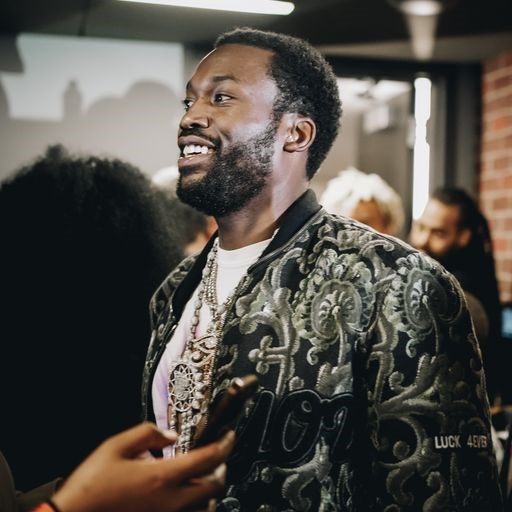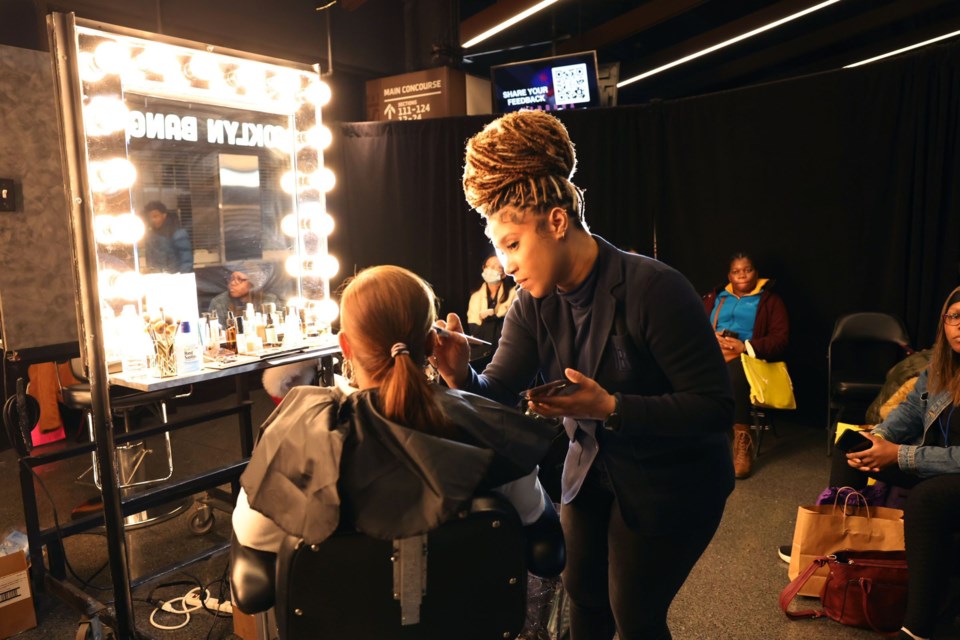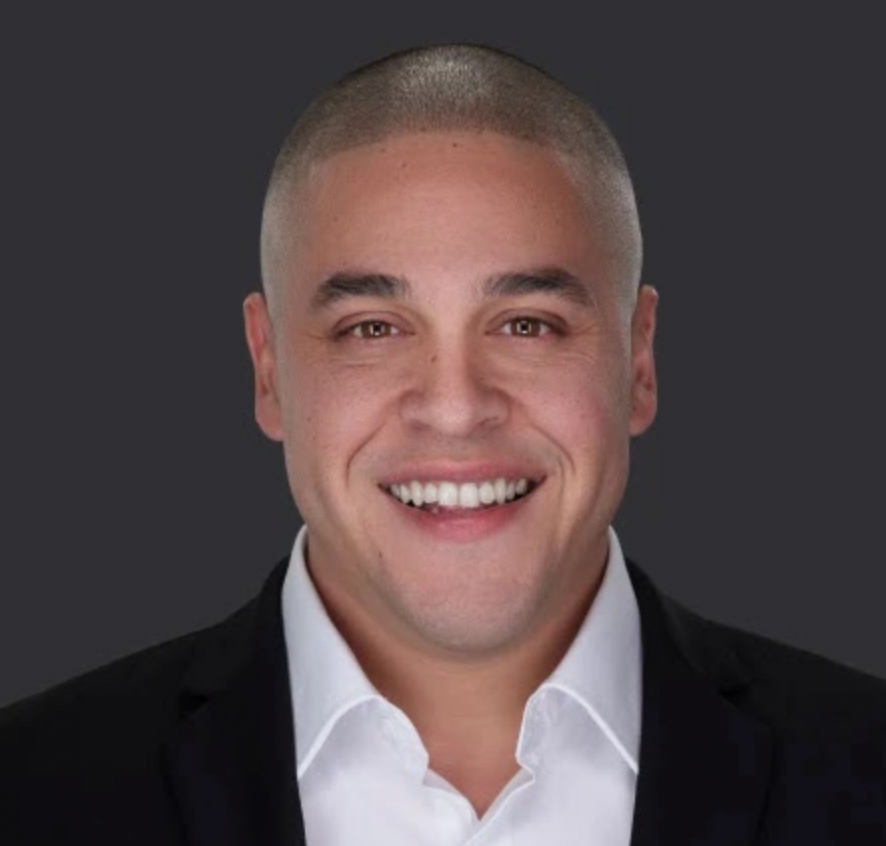When individuals are released from jail or prison, it signifies more than mere freedom. It presents an opportunity to "reset" their life and commence anew. Regrettably, a considerable number of those reintegrated into society encounter a familiar set of constraints that characterized their imprisonment.
The terms of probation and parole can restrict so much of what is considered newfound freedom — from where formerly incarcerated individuals can live, to how often they can see their loved ones; from the type of jobs they can work (if they can even secure employment), to whether or not they can do something as small as pop a wheelie in the street. The smallest violation can lead to re-arrest. And it often does.
REFORM Alliance is an organization founded in 2019 that aims to address and ultimately change some of these restrictive regulations through advocacy and legislative reform. The organization was co-founded by Meek Mill, the Philadelphia-born rapper who was re-arrested in 2017 after popping a wheelie while riding a dirt bike in NYC.
Mill’s arrest and the lengthy initial sentence he received — two to four years — spurred the #freeMeek movement and led to the formation of the REFORM Allicance. Today, REFORM boasts a powerful board including Robert Kraft, Priscilla Chan, Clara Tsai and Jay-Z, to name just a few.
“Some of the leaders of that initiative, that effort to get Meek out, said, 'OK well, this is happening to people throughout the country. And we really want to lend our support and our resources and our voice,'” said Debbie Mesloh, chief communications officer of REFORM Alliance.
REFORM Alliance has helped pass 16 bills in 10 states so far which, according to Mesloh, have contributed to the release of 650,000 people. These bills typically focus on capping probation periods, curbing the use of incarceration for technical violations and otherwise easing the overwhelming restrictions placed on those fulfilling probation or parole.
These restrictions often directly impede efforts to find stable work and housing, said Mesloh, adding that a required in-person meeting with a parole officer at 3 o'clock on a Wednesday is not exactly conducive to holding down full-time work. These restrictions also place significant burdens on families.
Mesloh said there was one case in which one mom was no longer allowed to pick up her kids from school. The children went to school in a neighboring county, and crossing a county line without the direct consent of a judge would violate the mother's parole.
REFORM also hosts events to support the future independence and sustainability of previously incarcerated individuals like the job fair at Barclays Center it hosted in March, which attracted more than 2,000 local participants.
“It was so incredible,” said Mesloh. “We were so gratified and thrilled with the response.”
Noel Barrientos, a real estate agent in Florida who was formerly incarcerated, spoke to BK Reader about the difficulties he faced after his release. Barrientos initially fulfilled a six-month term at a halfway house before starting his two-year parole.
“It’s almost like a smaller prison,” Barrientos said of the halfway house.
Every trip outside of the halfway house had to be approved, he said. When Barrientos found work through a friend at a Publix Supermarket, he was met with additional rules: Barrientos had to call the halfway house on a work phone upon arrival and before leaving. He was not allowed to drive, forcing him to take multiple buses to and from work instead. Additionally, he had to pay a significant portion of his wage to the halfway house.
He shared a story of what happened at the halfway house when he requested time away to attend his younger daughter’s graduation:
“I really wanted to be there, even though it was elementary. I really wanted to be there because I had spent so much time away,” he said.
“It’s like this weird psychological game that they play with you. Like, 'alright well we’ll see. We’ll see if we approve it.'” After following up relentlessly, Barrientos was eventually allowed to go.
Parole came with similar challenges. When Barrientos discovered a passion for real estate, he found it impossible to attain a license while on parole. The first time he applied — putting together documents related to his record, gathering diverse recommendation letters, and appearing in front of a board to plead his case — he was rejected.
“That was like a punch in the gut,” Barrientos said. “Because here I am trying to do something with my life after incarceration and it was like, 'Man, here’s another wall.'”
Luckily, Barrientos was able to stay in the industry until his parole ended, after which he reapplied. This time, he was approved.
Most recently, Barrientos has become involved in REFORM, which also works to uplift the voices of those who have been in the criminal justice system. He spoke about his experiences on REFORM’s Instagram in February.
“I don’t mind talking about my story anymore,” Barrientos said. “It helps me feel free.”






